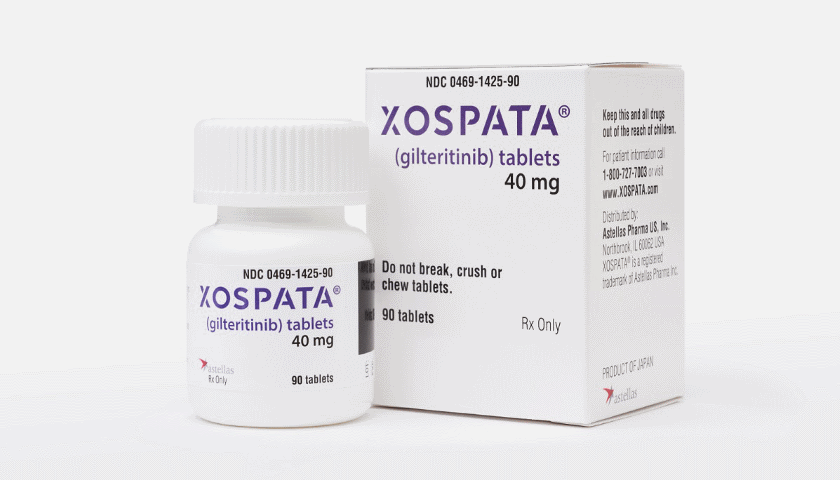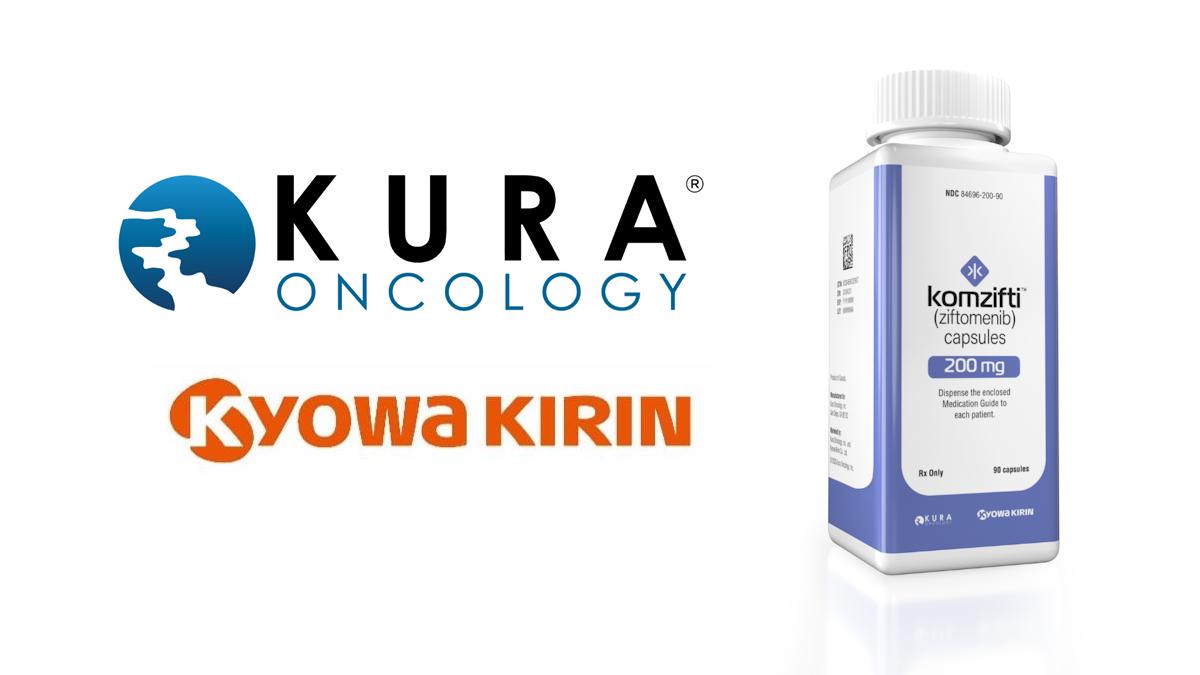NICE backs NHS use for Astellas' Xospata after rethink

NICE has recommended regular NHS funding for Astellas’ Xospata (gilteritinib) monotherapy for certain adult patients with acute myeloid leukaemia.
In final draft guidance NICE said that the drug is recommended for relapse or refractory FLT3 mutation-positive AML, giving patients an alternative to chemotherapy and its unpleasant side effects.
However because of considerable uncertainty about long-term survival after stem cell transplant, NICE said the drug should not be funded as maintenance therapy after a haematopoietic stem cell transplant.
The decision follows first draft guidance in January where NICE rejected Xospata, but has had a rethink after Astellas submitted additional data and cost-effectiveness estimates.
Guidance applies to England and Wales, meaning that around 443 patients will benefit from the drug each year now that final guidance has been issued.
The list price for Xospata is £14,188 per 28-day pack however, the company has made the drug available to the NHS at a confidential discount.
AML is an aggressive and fast-growing blood cancer with a poor prognosis and is often diagnosed after emergency admission to hospital.
Only 16% of women and 15% of men in England survive more than five years with the disease, and those with the FLT3 mutations are more likely to relapse.
Treatment for AML is limited and is managed with salvage chemotherapy, often requiring inpatient care.
But chemotherapy side effects are unpleasant and NICE acknowledged that alternative treatment options that improve survival and quality of life would be welcomed by patients.
Xospata is the first oral monotherapy to be approved in the UK that targets relapsed or refractory FLT3 positive AML.
This means that medication can be taken at home rather than in hospital. Gilteritinib also improves overall survival when compared with chemotherapy. In one study, gilteritinib increased median overall survival from 5.6 months to 9.3 months.
Xospata was approved in this indication by the European Commission in October last year, and by the FDA in 2018.
Daiichi Sankyo has tried to produce a rival FLT3 inhibitor, quizartinib, but this has been rejected by regulators in the US and EU.












